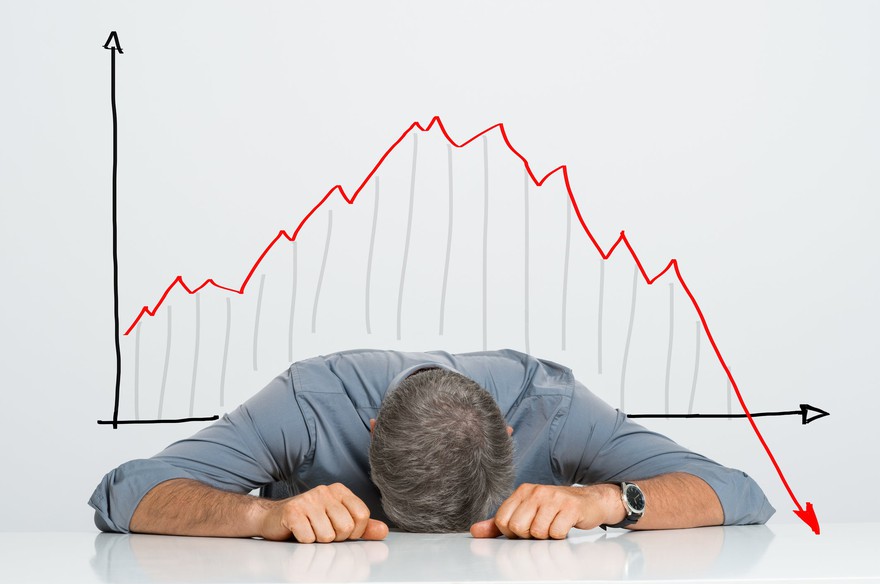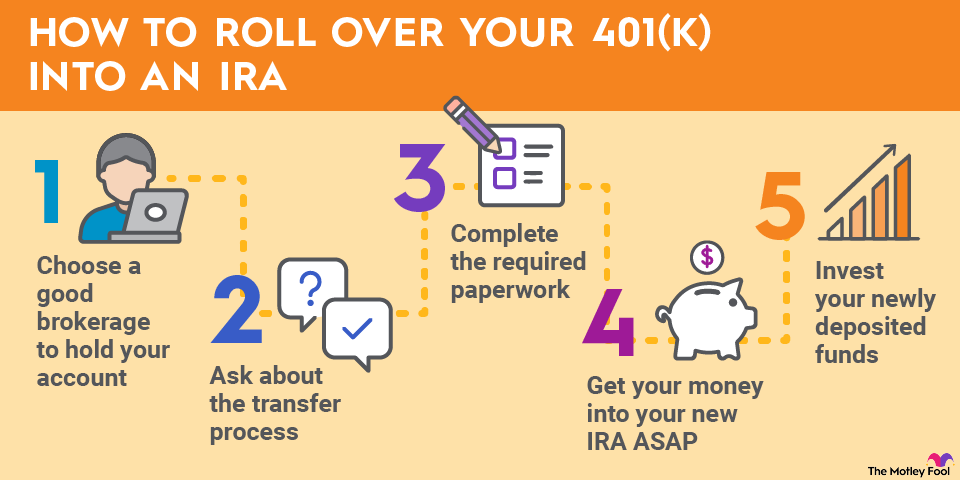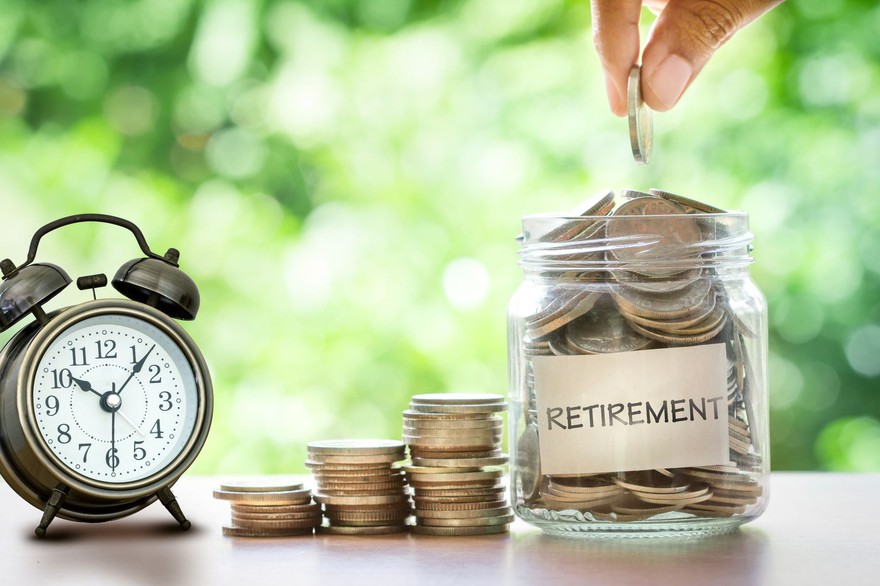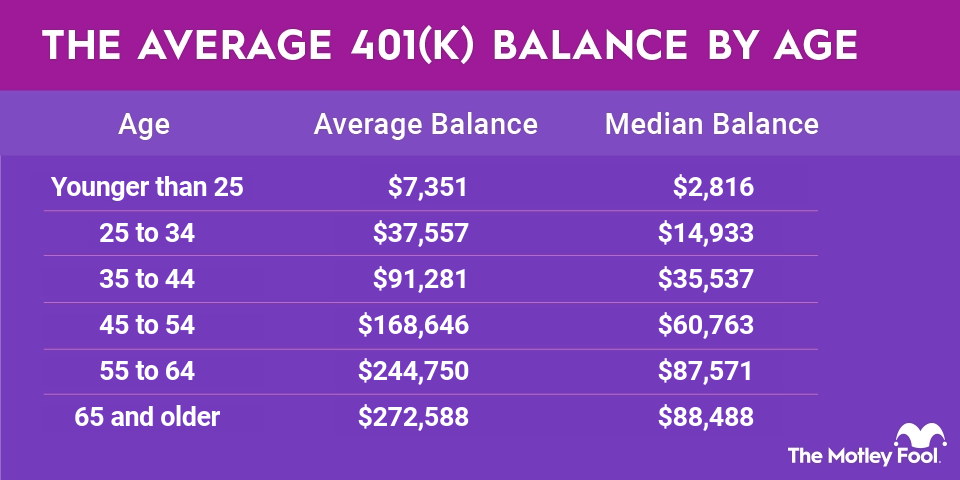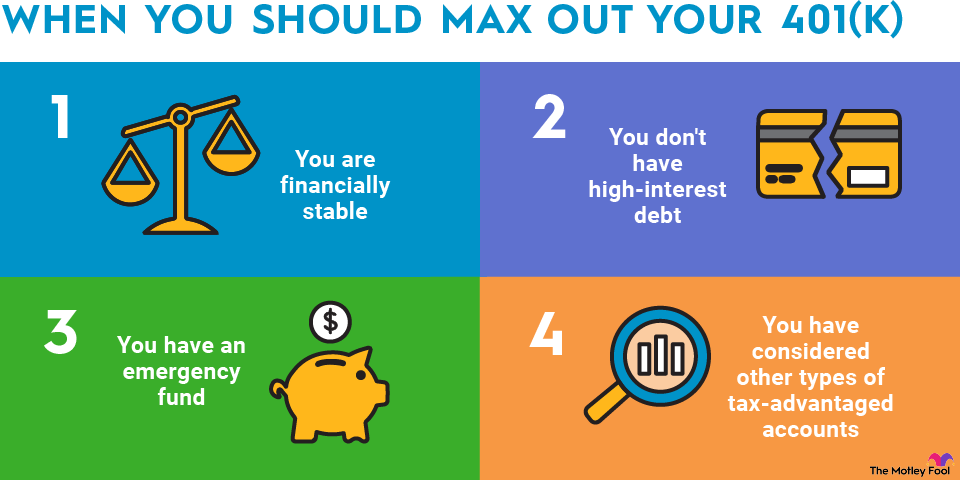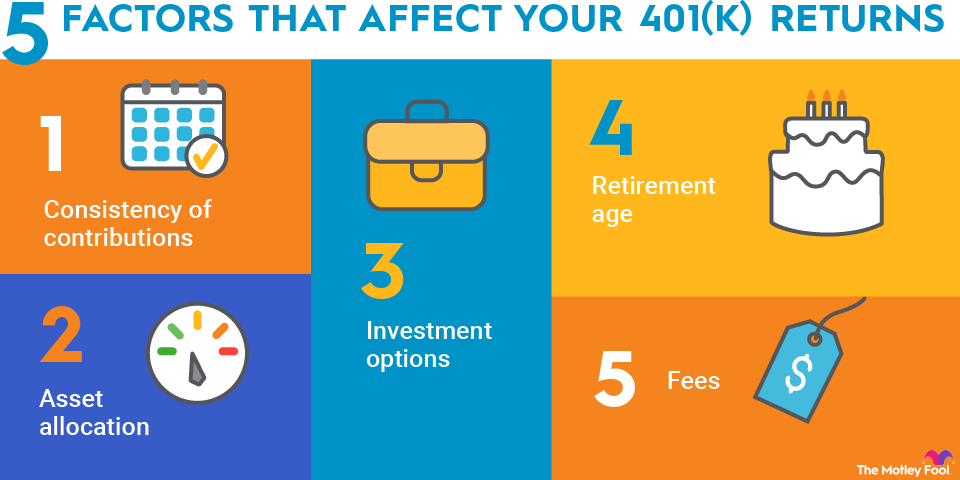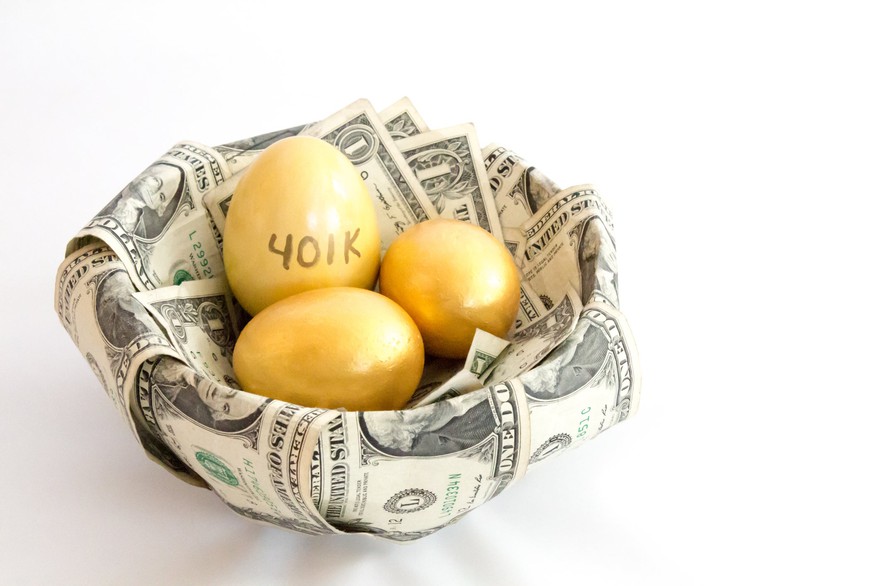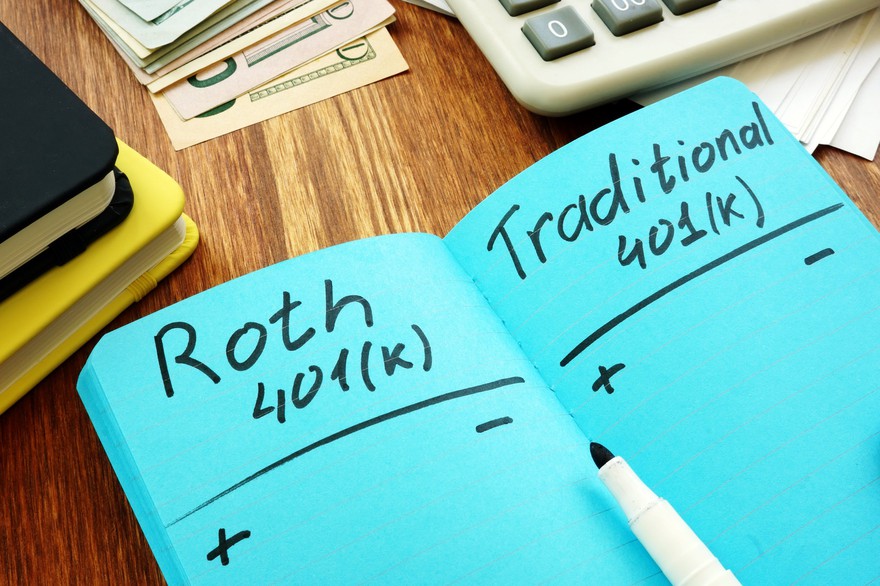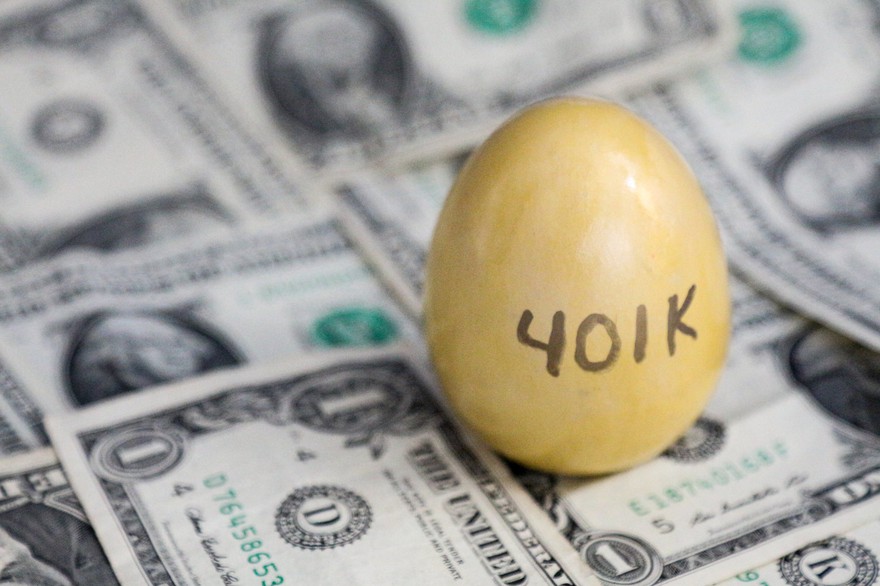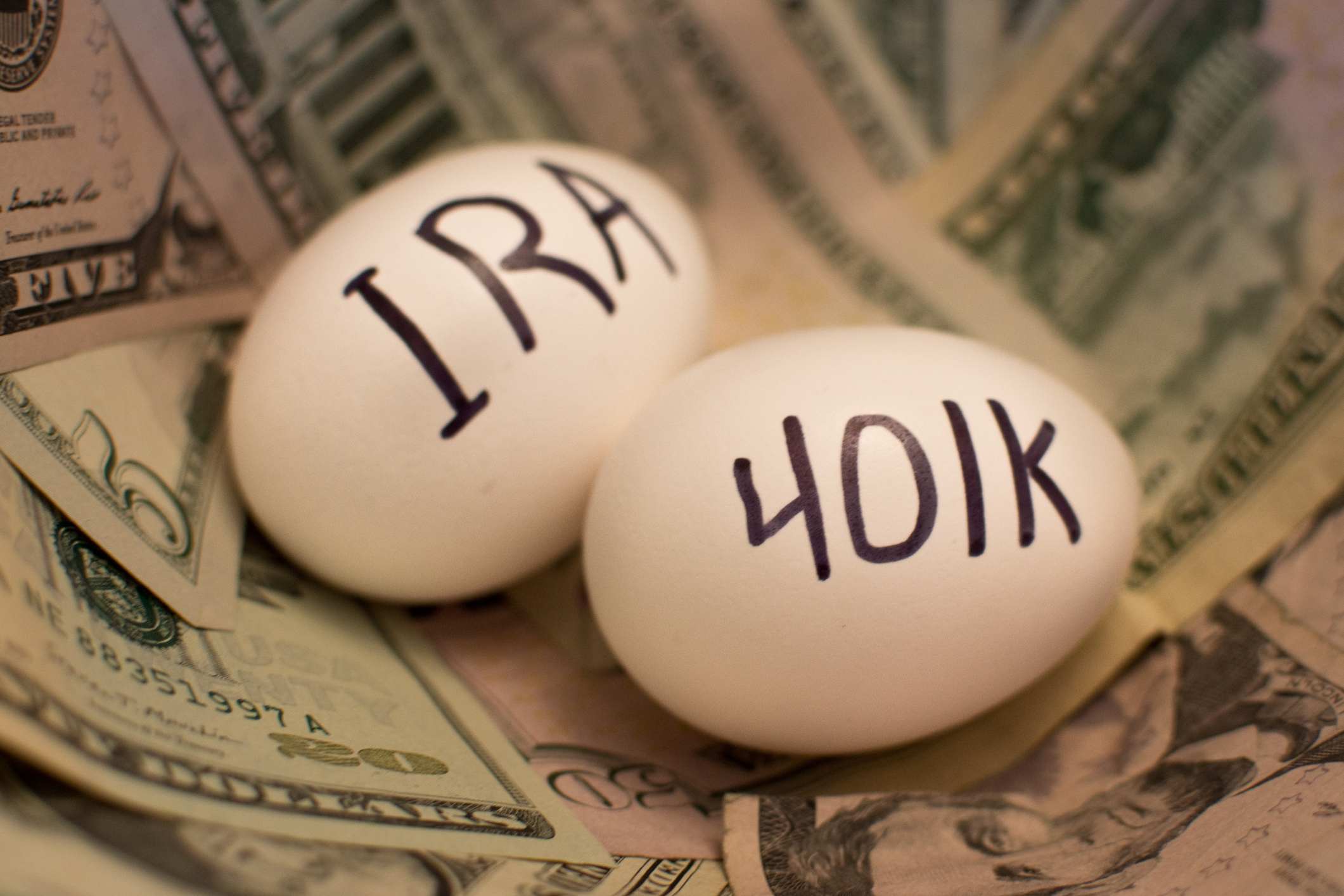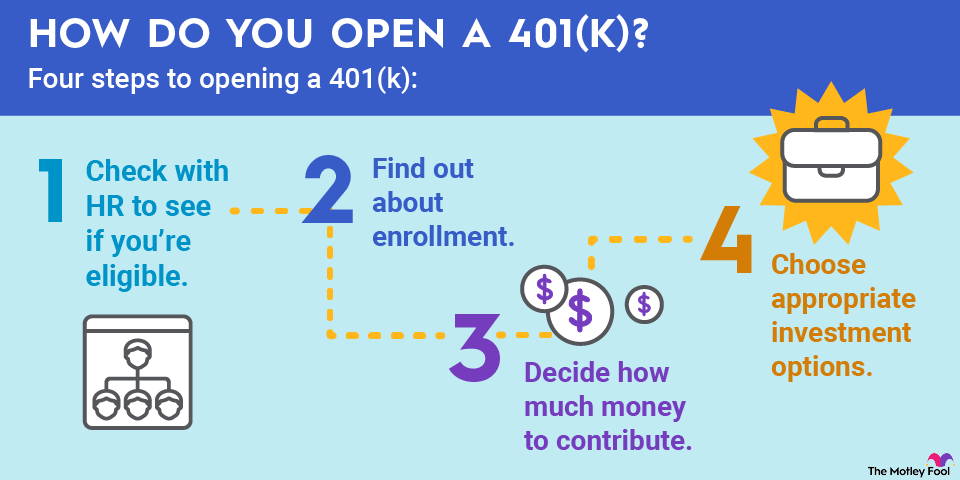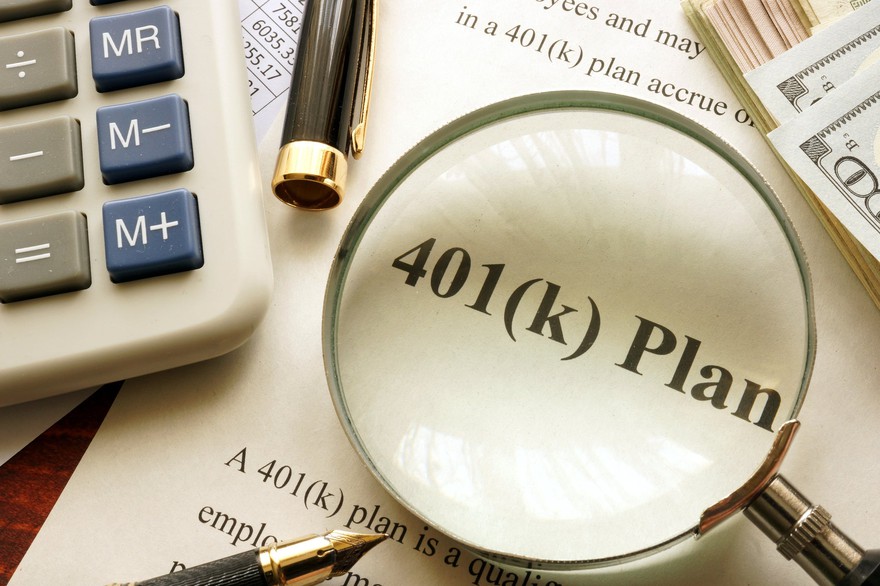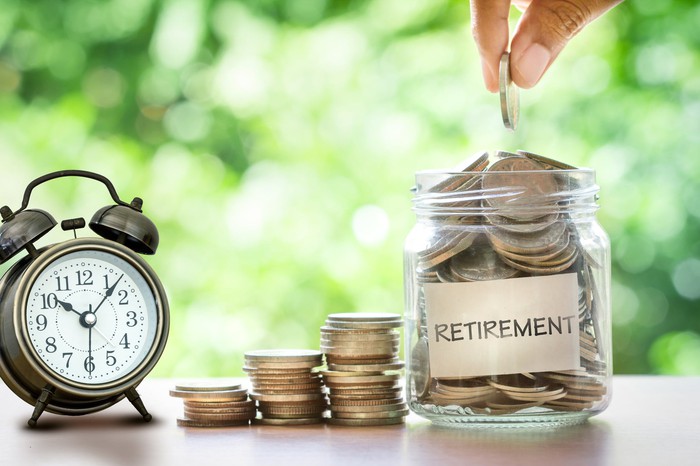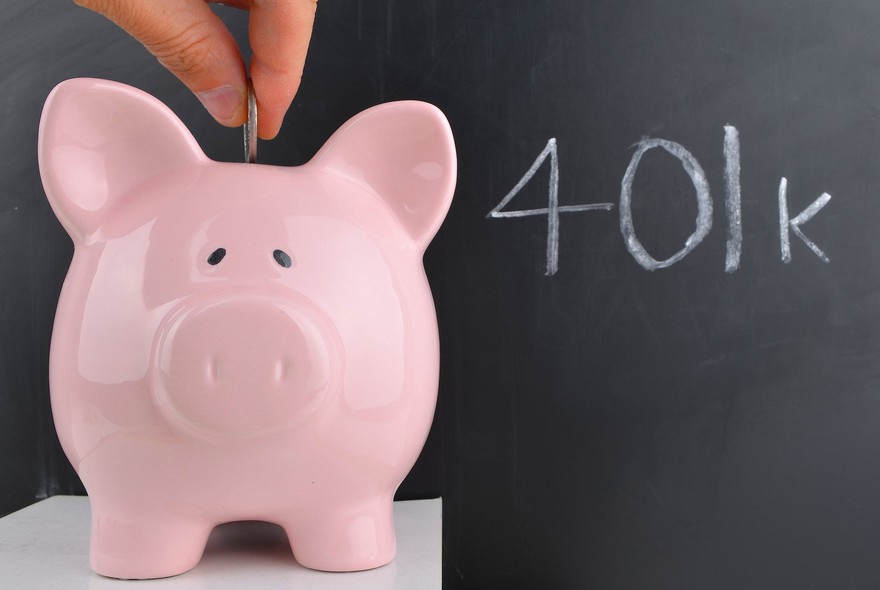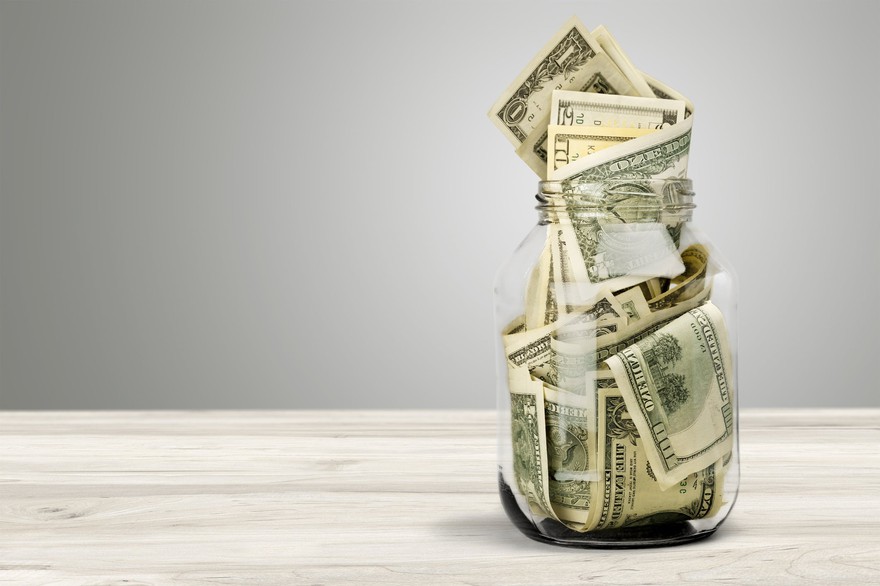A 401(k) is a tax-advantaged retirement account you can contribute to with pretax money. Contributions are usually deducted directly from your paycheck.

Because investing for retirement through a 401(k) plan confers tax advantages, the government places some restrictions on 401(k) withdrawals. If you withdraw funds before reaching age 59 1/2, you may face early withdrawal penalties.
Here's what you need to know about how withdrawing money from a 401(k) works -- including how much early withdrawals can cost you and which circumstances qualify you for a penalty exemption.
Understanding qualified distributions
401(k)s are typically considered qualified plans and receive favorable tax treatment. A qualified distribution is generally one you receive after you reach 59 1/2. You may withdraw as much money from the account as you'd like once you reach this age.
When you take a qualified distribution from a 401(k) after the age of 59 1/2, you pay ordinary income taxes unless you have a Roth 401(k), which you fund with after-tax dollars in exchange for tax-free withdrawals. You must begin taking required minimum distributions (RMDs) from your 401(k) after the age of 73 (previously age 72) if you have a traditional 401(k). However, you no longer have to take RMDs from Roth 401(k)s, thanks to new rules introduced by the SECURE Act.
The IRS determines your RMD amount based on your age, life expectancy, and the amount of money in your retirement account.
While there are additional rules that apply to Roth 401(k)s for withdrawals to be considered as qualified -- including a requirement that Roth 401(k)s be open for at least five years prior to receiving the first distribution -- these added rules do not apply to traditional 401(k) accounts.
Understanding early withdrawals
Early withdrawals occur if you receive money from a 401(k) before age 59 1/2. In most, but not all, circumstances, this triggers an early withdrawal penalty of 10% of the amount withdrawn.
For example, taking a $10,000 early withdrawal would require you to pay $1,000 in tax to the IRS. This is in addition to the tax ordinarily assessed on 401(k) withdrawals, which depends on your ordinary income tax rate.
When you withdraw money early from a 401(k), the distributed funds are no longer invested and cease to compound. While many people considering early withdrawals focus on the 10% penalty, the opportunity cost of withdrawing funds from your account prior to retirement is likely orders of magnitude greater.
If you withdraw $10,000 from your 401(k) at the age of 30, then your account balance would be almost $107,000 lower at the age of 65 (assuming a 7% average annual return on investment) than if that money had remained invested.
Requirements for hardship withdrawals
The IRS also allows for penalty-free distributions before the age of 59 1/2 in hardship-related circumstances. To qualify for a hardship withdrawal, you, your spouse, or a dependent must experience "an immediate and heavy financial need" and the amount you are withdrawing must be "necessary to satisfy the financial need."
These are the scenarios the IRS provides that might constitute an immediate and heavy need:
- Birth or adoption expenses (up to $5,000 per child)
- Total or permanent disability
- Economic loss as a result of a federally declared disaster (up to $22,000)
- Being a victim of domestic abuse (up to the lesser of $10,000 or 50% of the account balance)
- Emergency expenses up to the lesser of $1,000 or the vested account balance over $1,000 (max once per calendar year)
- Medical expenses in excess of 7.5% of your adjusted gross income (AGI)
- Being a military reservist called to active duty
- Being diagnosed with a terminal illness
However, your plan administrator may not permit hardship withdrawals regardless of the circumstances. And, the IRS requirements specify that you must not have any other source of funds to cover the "immediate and heavy" expenses.
Related retirement topics
Other ways to avoid the early withdrawal penalty
You can also receive penalty-free early distributions under certain other circumstances, such as if:
- You're ordered to pay some of your 401(k) funds to another person (for example, in the case of divorce).
- You accept a series of substantially equal payments for at least five years, or until you turn age 59 1/2.
- You leave your job in the calendar year that you turn age 55.
Another way to avoid the early withdrawal penalty is to consider a 401(k) loan instead. If your plan offers them, 401(k) loans are easy to obtain and allow you to borrow from your own 401(k) account, paying yourself back with interest. Provided that you repay a 401(k) loan on schedule, you can avoid the consequences of an early 401(k) withdrawal.
